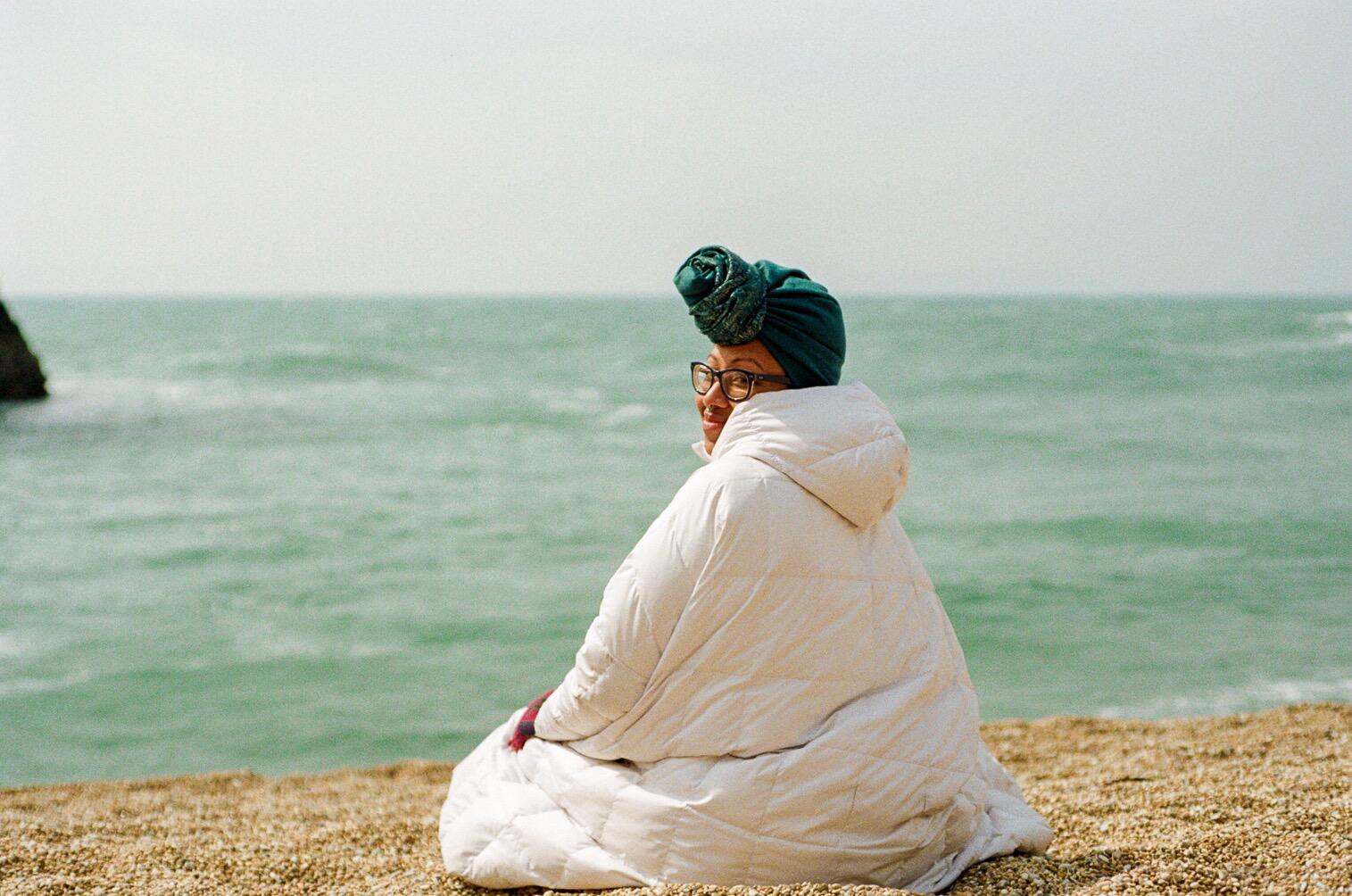Chillin’ like a villian. A very warm, wrapped up villian cos it’s cold out, you know?
It’s been a long time since I’ve committed to any sort of ‘write every day’ challenge. While yes, that might be due to a lack of time, if I’m really honest, it’s more likely due to a lack of discipline. I find, like many others, the length of time it takes for me to complete a tasks depends on the amount of time I have at hand. Alas, I’m too flexible that way.
While lying in bed last night, after listening to approximately 10.5 hours of podcasts (the perks of travelling alone), Seth Godin’s voice popped into my ear. Not physically, mind - in that case, I would have had some serious questions for hotel security. No, I’d been listening to the American author on one of the podcast episodes I’d heard earlier that day, and something he had said stuck with me. Seth talked about his commitment to blogging every single day, and the discipline of doing so for year in, year out. I remember thinking at the time ‘ah, capitalism! Making us think that we all need to be productive, pff!’. But then my mother’s voice pipped up (cheeky!) with the counter argument. ‘Isn’t praying 5 times a day doing the same thing day in, day out, regardless of the weather or a bank holiday? Don’t make discipline about capitalism Yassmina, it’s not all about the problems in the system!’
Now, although I may disagree with my mother the appropriate moment to bring up structural inequalities, her imaginary voice did have a point worth paying attention to. Because, as much as it pains me to admit (and yes, this isn’t on brand) between you and me, sometimes I think I dismiss certain activities as ‘capitalist productivity hacks’ simply to indulge my inner sloth.
I mean, I love talking about how I’m not a morning person, and how all morning people really need to keep the joys of the morning to themselves. The irony is, of course, is that on the days I do deign to wake up early, I bloody love it! And I’ll damn well tell anyone within earshot. Ah, the goodness of the crisp morning air and, oh, the glory of empty streets. Hypocrisy, you say? Never heard of it! Is it the name of a new cafe? I’ve been known to roll my eyes at people who talk to me about their running schedules, but when I’m feeling fit and can do a 10km in under an hour I’m the best version of myself. And don’t get me started on yoga…
So why, and how? Why does some part of me rail so hard against personal habits that are clearly beneficial for people - including me!
Perhaps I just don’t like being told what to do. Inner rebellious child, independent woman, whatever - yes, that’s a part of it. But I don’t think it’s the whole story. If I would hazard a guess, it would be the lack of humility that seems to come with the cult of productivity (I can hear my mum’s voice telling me to reign it in again…).
Hear me out though. Muslims praying five times a day could re-frame their practice as a productivity hack for sure: get up early (before the sun comes up), do your meditation, then start the day. Move your body in a smooth fashion, kinda like yoga, five times a day. Focus. Breath. Exercise. You know? It’s the perfect package. But the way it’s talked about in faith is completely different to the way similar practices are talked about in the culture of the tech/productivity/start up world. In faith, it’s seen as a personal thing, a private invitation, not a competition or a challenge. It’s not a matter of worth, it’s more a matter of practice, coupled with a reminder that your time on this earth is short, and that you exist to serve. That comes with quite a heavy dose of humility, you know?
***
So that all being said... I’m here to tell you that I’ve committed to writing a blog post every day this month (is the joke on you, or on me, I’m not sure!). It’ll probably be random (like this), but in an effort to get myself off twitter and writing more than an instagram caption length, I’m hoping this will be a space for me to get my writing juices flowing again, inshallah. Also, it’s going to be Ramadan, so I need some ‘inside’ activities to keep me busy.
Let me know what you want to hear about. I can share links to what I’m reading, thoughts about current affairs, what I’m up to and where I’m at.
Bismillah… here we go!
***
Oh before I leave - here are some interesting pieces that I’ve read recently that may tickle your fancy.
The Friendship that made Google Huge


